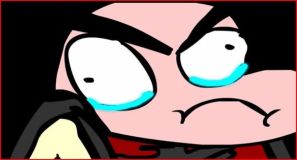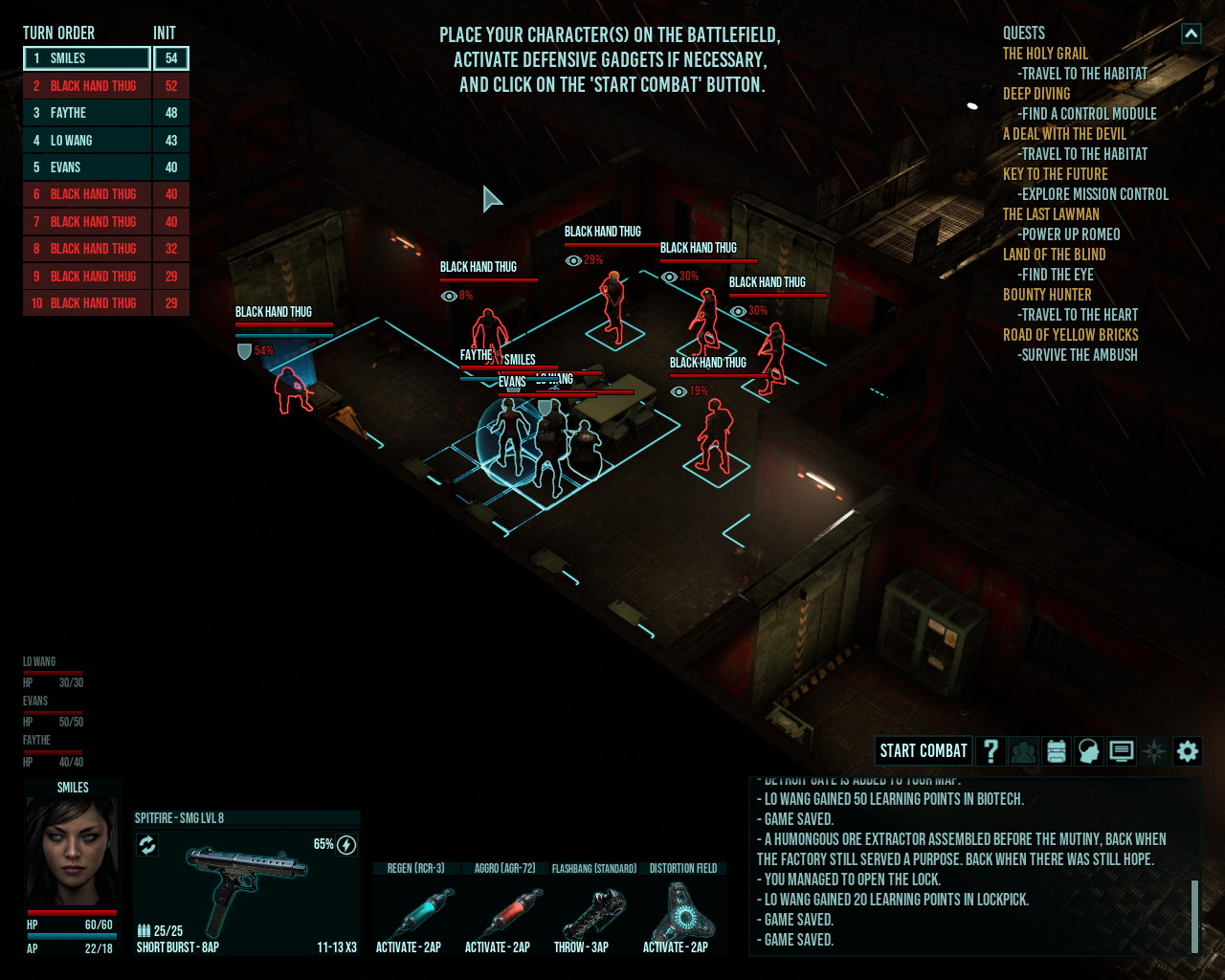- Joined
- Apr 16, 2004
- Messages
- 6,927
Will be interesting if Vince hops in here to give his thoughts now in 2023.Let's revisit this discussion from 2017:
For the sake of lowering expectations:I'm not saying that's a good attitude, but it does seem to be a pretty accurate one. Look at the ambition of CSG vs. AOD, and Vault Dweller is a pretty grounded and realistic guy. This is what always happens...
I hope that the CSG will be a much better game because we've learned much and because I know what we did well, what was overlooked, and where we failed. So that "much better" won't come from making the game more epic with more classes and locations but from tightening up the overall design. The CSG will have 16 locations (AoD had 22 but many had a single point of interest), 21 skills (AoD had 23), 3 main factions and 3 smaller groups instead of 7 factions with parallell questlines in AoD. Some new features like learn by use and implants are based on AoD's designs (in AoD we had 3 skill pools: combat, civic, and general; now we'll have a pool for each skill so design-wise it's not some new and unexplored ground). The new features are party-based combat (but that's what DR was all about - focusing on combat exclusively to gain the experience), TB stealth (we had some rough designs for AoD but didn't have time), and gadgets/grenades which should be manageable since we won't have crafting or alchemy.
So the ambition is to make a better game, not a bigger game.
I would say that just the addition of a party makes the game's scope "bigger" in a pretty meaningful sense, though.In what ways? Combat? After DR we have the template and experience. Party members affecting quests? Relatively easy to script and write. Much easier than the parallel questlines in AoD which was a scripting nightmare.
The single, most time consuming, complex aspect of AoD was the parallel questlines. Compared to it, writing and scripting party members is a walk in the park. It's still a relatively complex task but a very manageable one.What Aenra said, basically. Developers like Obsidian talk about companions as being a large investment, so you may be underestimating this.
As for Obsidian, their remark should be seen in the context of the overall design of their games. While they like reactivity, it's usually a welcome bonus not the focus. They make combat-focused RPG where killing enemies is about 60-80% of the game. From this perspective, writing and scripting something as reactive as party members (i.e. not a single case of reactivity) is a great investment compared to populating a map with enemies to kill. Additionally, Obsidian usually operates under strict time constraints, which means they really have to pick their battles wisely, whereas we can easily add another year if needed.I assure you they can't. Not even close.It seems to me that depending on their complexity, companions can be a lot like "parallel questlines".
Meaning multiple quest solutions at most (i.e. sometimes they provide a new solution, sometimes they alter your options), which will be done by default even if we had no party members. The party members are merely another layer. Plus reactivity and comments. Plus unique content, which too would be done by default. We'll do as many quests as we can say, let's say a hundred which is less than what AoD had. So 10 quests/events would be gated by the party members.They have their own independent states that evolve in "parallel" with the rest of the game. Basically every companion is like a sort of questline that can touch anything in the game where you take that companion (including other companions).
I think that goes without saying. I have a certain game in mind. I think we can do it in 4 years but if we can't and it takes 6 years then that's what it's going to take. Simple as that.whereas we can easily add another year if needed
Can you now? Interesting to know.
It took six years!
Sounds like I'm wrong per 2017, but I lurk in their discord and believe what I wrote to be true as of today.














